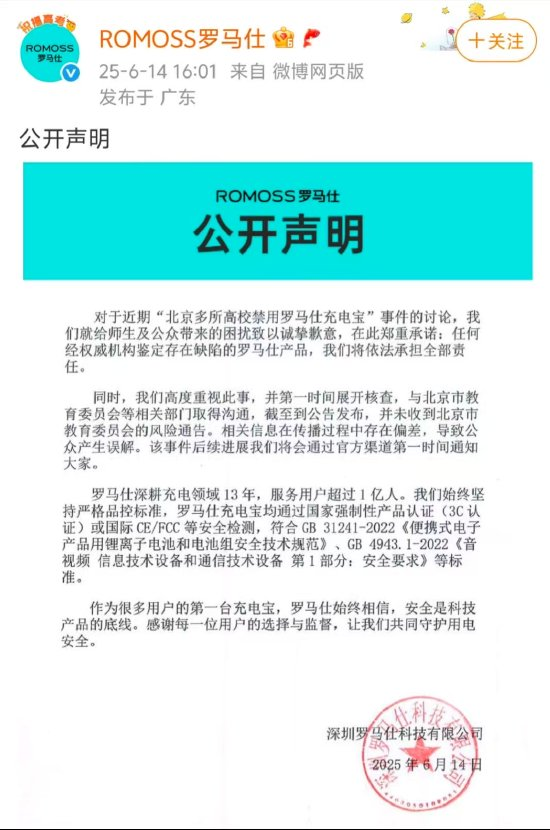Editing by Greg Gao/WM Zhang
The semiconductor shortage in China is jamming the production capacity of silicon wafers – the primary material for chip-making, resulting in more Chinese wafer manufacturers increasing prices. According to industry observers, the country's overall market demand for wafers will have to rely on supplies from imports.

Most Chinese wafer manufacturers have been booked for Q2 now, with more orders than that can be delivered, and the situation will remain tight until next year. Following the step of Globalwafers(环球晶)- the world's third-largest wafer maker in Taiwan, Shin-Etsu Chemical(信越化学), NSIG (沪硅产业), Hangzhou Li-On Microelectronics (立昂微) also announced their price increases in March. While demand for silicon wafers remains strong and prices for other related materials are going up, other manufacturers may follow suit to raise product prices.
Since the second half of 2020, the COVID-19 pandemic has fueled the stay-at-home economy's growth, which triggered demands for more electronics products such as laptops, TV sets, servers, and data center products, and automotive ICs, along with the roll-out of 5G services in China. These all lead to the need for semiconductors and silicon wafers in the supply chain.
According to SEMI's data, the global semiconductor wafer shipment in 2020 increased only by 2.4% compared to 2019. The growth rate will increase to 5% in 2021 and 5.3% in 2022.
A domestic semiconductor wafer manufacturer executive told JW Insights: "Currently, the demand for semiconductor wafers is still very high, and the overall delivery period of the industry has been extended. Although our company's products are not of high end, the product delivery period is also extended by one to two months."
As early as the end of last year, Globalwafers raised its products' overall spot price. Its chairman Doris Hsu pointed out that the current production capacity of 6-inch, 8-inch, and 12-inch silicon wafers was fully booked and will maintain the status quo in the second half of this year. The price for 12-inch silicons will increase by 10%-20% from April.
Li Wei, a senior executive of Shanghai-based National Silicon Industry Group (NSIG), said that its silicon wafer orders exceeded production capacity. The prices of some products have increased, but not all of them. The shipments are expected to hit their highest level in history.
Hangzhou Li-On Microelectronics, another silicon wafer company in China, also said that domestic 6-inch silicon wafers are currently in short supply, and the company's 6-inch silicon wafer prices are raised for a second round.
There are two factors for this round of price increases. One is the demand for more silicon wafers and chips, benefiting from the rise of 5G, AI, cloud computing, and other applications. The second is related raw materials and labor costs, leading to a small increase in production costs.
According to the predictions by Zhongjin Puhua, a leading research institute, the demand for 12-inch silicon wafers on a single 5G mobile phone is expected to increase by 72% compared to 4G mobile phones. The large-scale application of cloud computing, AI, and the Internet of Things will also drive demand for logic chips and storage chips in the data center, which will uplift wafer demand.
Despite China's strong wafer demands, its domestic self-sufficiency rate is meager. The top international manufacturers mainly monopolize the market. Zheng Jiazhen, chairman of Xinjing Semiconductor, said, "The current domestic production capacity of silicon wafers is far behind that of chips, and silicon wafers advanced in process technology are still dependent on imports."
Another domestic silicon wafer manufacturer told JW Insights. "Domestic silicon wafer manufacturers can accomplish production of some 8-inch and smaller silicon wafers, but they have not yet achieved large-scale production of 12-inch silicon wafers."
Although NSIG, Zhonghuan Semiconductor, and other companies in China claim to produce 12-inch silicon wafers, chip manufacturers have not used them yet. After all, industry-leading companies' wafer fabrication yield is about 99%. In comparison, it is about 50% in China's domestic companies, so manufactured chips' yield rate may be low. Domestic chip manufacturers are naturally reluctant to use domestic large silicon wafers.
On the whole, thanks to the massive investment and construction of domestic fabs and the increased demand from 5G, China's demand for semiconductor wafers will further go up. However, the country's 8-inch and 12-inch semiconductor wafer self-sufficiency rates are relatively low, so its market still relies heavily on more silicon wafer imports.










